Do they even have... a soul?
|
Whether it was God's Country or the land of sky blue waters, "We're from a special place" has worked strategic magic for countless beer brands through the years. Even when simply featured as a place of origin, a city or country added legitimacy, distinctiveness, and a cultural grounding to the brand. Milwaukee, Holland, Boston, Munich, and more have lent their names to highly successful beers. It's reasonable to conclude, then, that a beer's real hometown matters to its drinkers. Maybe it makes the brand seem more human. Maybe it speaks to the brand's soul. Maybe guys just need to know where you hail from before they take you seriously. Regardless, a sense of place is a strategic asset. At the minimum, it helps differentiate a brand. And this advantage isn't limited to beer, as well-known brand hometowns for cereal, whiskey, and chocolate-- Battle Creek, Lynchburg, TN, and Hershey, PA-- demonstrate. Apparently, none of this has been lost on today's craft brewers. Many incorporate their hometown in their brand name. And nearly all of them celebrate their geographic roots, from Indiana farm country to the heart of Los Angeles. So, what about Big Beer? With the exception of Coors Banquet (the only one of their big brands that's growing), every major brand has all but abandoned incorporating a sense of their home into their ad strategy. Perhaps it's inevitable fallout in the age of beer-globalization. Do these mega-brewers even have a hometown? Where do they hail from? Are they world citizens without allegiance to any particular country? Do they even have... a soul? Originally published here late last year. (Click on the cans.) Meanwhile, expect the "commemorative cans" to end before too long as the sales lift they generated proves a short-lived faddish "blip" with no meaningful strategic change attached thereto. |
* Note: Certain video links may not function in emailed articles.
The AuthorDan Fox is a real beer guy. Archives
May 2018
|
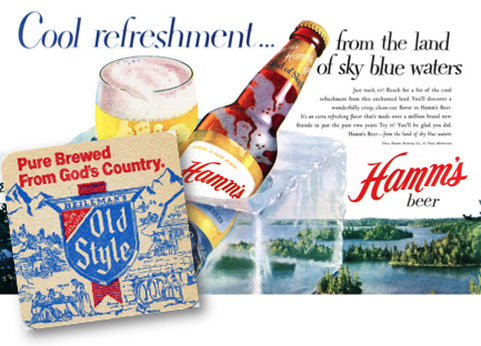

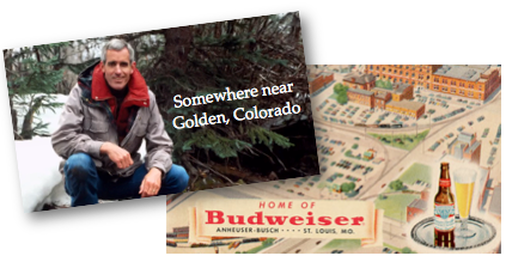
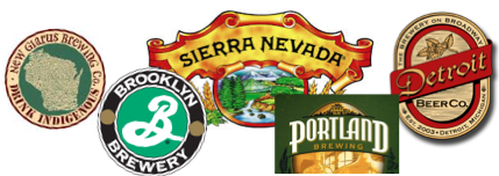
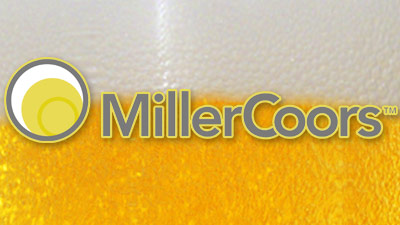
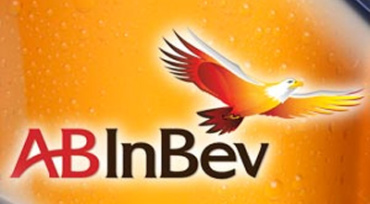
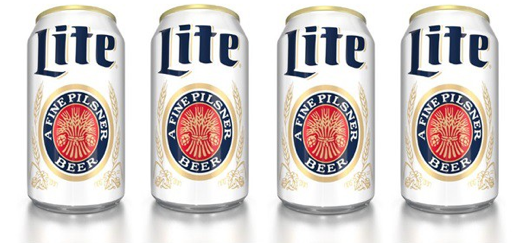
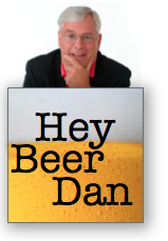
 RSS Feed
RSS Feed
